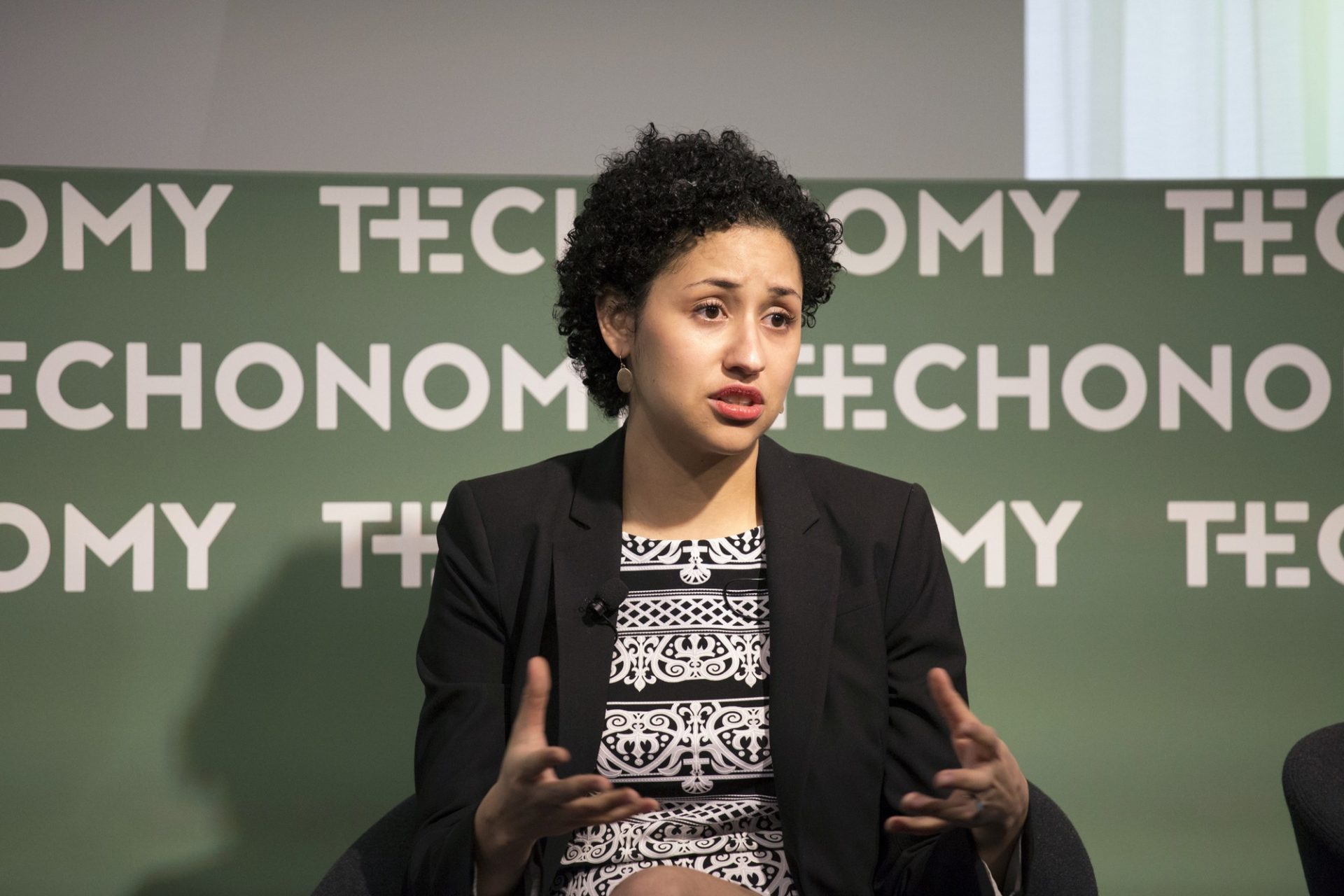Rare diseases are often overlooked by the general public, but they have an outsized impact. There are an estimated 7,000 rare diseases known today, collectively affecting some 350 million people around the world. “While each community is small — 200,000 people or under — when taken together, this is an issue that affects over 30 million Americans,” said Deanna Portero of the Fibrous Dysplasia Foundation at Techonomy NYC this week.
As the head of a rare disease foundation, Portero has a strong belief that rare diseases will become a more common concept in the future. She predicts that the rise of precision medicine will usher in an era where every person’s disease is considered unique, and therefore rare: Laura’s cancer, José’s heart disease.
Portero offered a look at improvements needed for a better approach to these illnesses. Perhaps the most pressing issue, she said, is the fractured nature of relevant data for each patient. “There’s a huge opportunity being squandered when it comes to clinical data,” she noted, mentioning that electronic medical records (EMRs) from different practices or hospitals can’t be combined for a more comprehensive view or shared with scientists for discovery.
“The holy grail, I think, also integrates in the power of patient-reported outcome data… as well as genomic data,” she added.
With various data sources integrated, it will become possible for clinical or scientific teams to apply big data analysis tools for a better understanding of rare disease and each individual patient.
Done right, Portero said, making the most of clinical data could shorten the time to diagnosis for rare disease patients, which currently takes an average of five years and seven doctors.
Despite those challenges, Portero is hopeful that the situation will be significantly improved in the coming years. She cited much-anticipated innovations such as smart EMRs, the use of AI in drug discovery, and a shift in the paradigm of clinical trials as means of addressing many of today’s challenges in diagnosing and treating rare disease. “I think there’s reasons to be hopeful if we move together with urgency,” she said.
Techonomy NYC: With Precision Medicine, Every Disease will be a ‘Rare Disease’
There are an estimated 7,000 rare diseases known today, collectively affecting some 350 million people around the world. Big data, AI, and smart records bring hope.
















